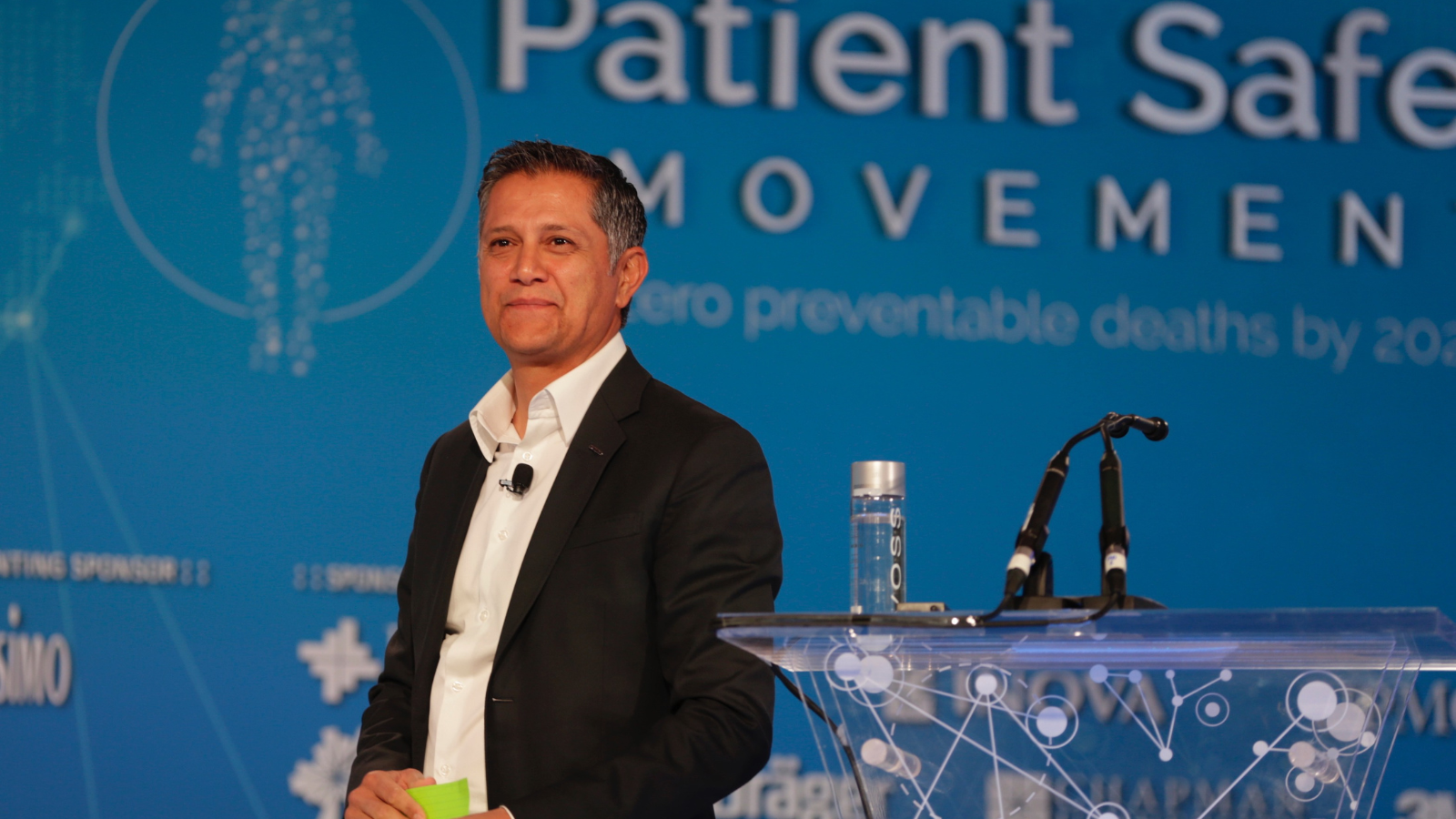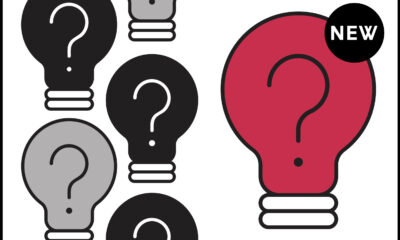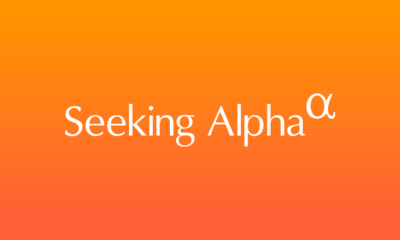Science
Joe Kiani Champions Zero Preventable Deaths in Healthcare

In hospitals worldwide, preventable medical errors lead to countless deaths each year, a tragedy that Joe Kiani aims to eradicate. As the founder of the Patient Safety Movement Foundation (PSMF), Kiani has dedicated over a decade to advocating for improvements in healthcare systems that could save lives. His ambitious goal is straightforward yet profound: achieve zero preventable patient deaths globally.
Kiani’s journey into healthcare advocacy began as the founder of Masimo, a company recognized for its innovations in noninvasive monitoring technologies. He discovered that while his devices could quickly and accurately identify issues, the healthcare systems often failed to act on the information provided. This disconnect prompted Kiani to establish the PSMF, focusing not only on advanced technology but also on the critical need for unified communication among hospitals, policymakers, and manufacturers.
Addressing Systemic Flaws in Healthcare
Kiani’s vision stems from a deep-rooted belief that the healthcare system can and must do better. “Too many lives are lost every year to preventable medical errors and delayed access to care,” he asserts. “Patients deserve better, and that starts with holding systems accountable.” His advocacy highlights the need for transparency, where data sharing and open reporting systems can drive improvements rather than conceal mistakes.
The concept of achieving zero preventable deaths challenges complacency within the industry. Kiani likens this pursuit to the bold ambitions seen in the tech sector—pragmatic yet aspirational. He emphasizes that innovation is effective only when systems are willing to embrace it. By organizing summits and forming partnerships, Kiani has worked to show that technological advancements must be matched with actionable accountability.
Kiani’s approach has made him both a reformer and a disruptor in the healthcare field. He advocates for hospitals to adopt transparent reporting mechanisms that encourage improvement rather than punishment. Yet, this push for openness has faced resistance from institutions wary of the potential legal repercussions of admitting errors. Despite this, Kiani views such resistance as a sign of progress—a necessary challenge to entrenched practices.
The Role of Technology and Accountability
As healthcare continues its digital transformation, Kiani’s work becomes increasingly vital. The challenge is not solely to develop life-saving technologies but to ensure their equitable and responsible implementation across various healthcare settings. His insistence that safety should be a priority rather than a byproduct represents a crucial aspect of modern medicine.
Kiani believes that while errors are inevitable, healthcare systems can learn from them and adapt. His philosophy combines the optimism of a technologist with the determination of a reformer. By advocating for open and interoperable medical data, he aims to dismantle barriers that perpetuate inequality and hinder patient safety.
The commitment to achieving zero preventable deaths may seem daunting, yet Kiani’s resolve is unwavering. He understands that every life saved is a testament to the potential for systemic change, proving that technology, when applied with ethical considerations, can serve as a powerful instrument for improving healthcare outcomes.
As Kiani continues his mission, he remains focused on the principle that safety is not just an aspiration but a fundamental expectation of modern healthcare. His work embodies the belief that, even if the goal of zero preventable deaths remains a distant target, the efforts to reach it will lead to significant advancements in patient safety and care.
-

 World3 months ago
World3 months agoScientists Unearth Ancient Antarctic Ice to Unlock Climate Secrets
-

 Entertainment3 months ago
Entertainment3 months agoTrump and McCormick to Announce $70 Billion Energy Investments
-

 Science3 months ago
Science3 months agoFour Astronauts Return to Earth After International Space Station Mission
-

 Lifestyle3 months ago
Lifestyle3 months agoTransLink Launches Food Truck Program to Boost Revenue in Vancouver
-

 Technology2 months ago
Technology2 months agoApple Notes Enhances Functionality with Markdown Support in macOS 26
-

 Top Stories6 days ago
Top Stories6 days agoUrgent Update: Fatal Crash on Highway 99 Claims Life of Pitt Meadows Man
-

 Sports3 months ago
Sports3 months agoSearch Underway for Missing Hunter Amid Hokkaido Bear Emergency
-

 Politics2 months ago
Politics2 months agoUkrainian Tennis Star Elina Svitolina Faces Death Threats Online
-

 Technology3 months ago
Technology3 months agoFrosthaven Launches Early Access on July 31, 2025
-

 Politics3 months ago
Politics3 months agoCarney Engages First Nations Leaders at Development Law Summit
-

 Entertainment3 months ago
Entertainment3 months agoCalgary Theatre Troupe Revives Magic at Winnipeg Fringe Festival
-

 Politics7 days ago
Politics7 days agoShutdown Reflects Democratic Struggles Amid Economic Concerns





















